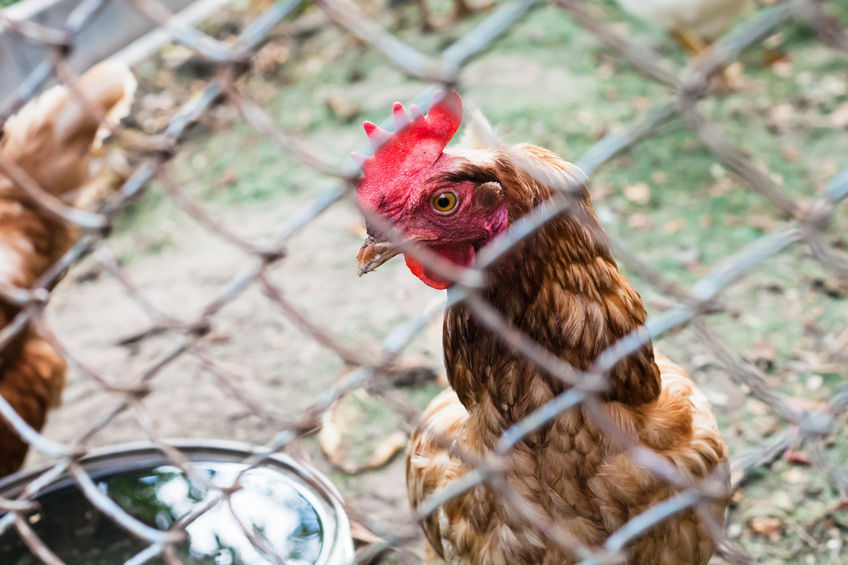
With the fireworks season fast approaching, vets are encouraging farmers to start preparing now to prevent possible injury and distress to livestock.
Around 1 in 14 vets reported seeing animals with firework-related injuries over 2018, in a survey carried out by the British Veterinary Association (BVA) last December.
Equine vets were significantly more likely to report such cases, with almost one in five (19%) seeing firework injuries last year.
At up to 150 decibels, fireworks can be as loud as a jet engine and, with many animals particularly sensitive to noise, this can be a traumatic time of the year for them.
Farmers are encouraged to consult with their vet to discuss management and treatment options if their livestock get severely distressed by fireworks or other noises.
The BVA says a phobia of fireworks can be effectively treated with appropriate behaviour-modification techniques, which can achieve long-term success.
It also advises farmers to keep livestock housed at times when fireworks are likely to be set off locally and remove any firework debris from grazing pasture before letting them out.
Horses may be better turned out in a field than stabled, as in a stable they may feel enclosed and unable to move, the BVA adds.
BVA President Daniella Dos Santos said: “Fireworks season can be a fun time for many people, but the loud noises and bright flashes can be extremely traumatic for many animals, who have no way of understanding what is happening.
“Preparing ahead is key to keeping livestock calm and safe, from discussing noise desensitisation techniques with your vet and preparing a ‘safe place’, to microchipping and investing in pheromone products.”
Signs of fireworks-related distress can vary from animal to animal.
Livestock startled by the loud noises from fireworks are at risk of injuring themselves on fencing, farm equipment or fixtures and fittings within their housing.
Poultry are especially at risk of ‘smother’, where in a fear response birds huddle together, which can result in death for some.
Horses are prey animals and so exhibit ‘flight’ responses in response to any threat, which can result in running away or trying to escape their enclosures.
As part of its updated fireworks policy, the veterinary industry is supporting calls for a reduction in the maximum permitted noise of fireworks to 97 decibels – roughly equal to the noise made by a power lawn mower.
It also calls for further restrictions on the use and sale of fireworks, clear labelling, and a duty of care on users to properly dispose of debris and remnants of fireworks.
